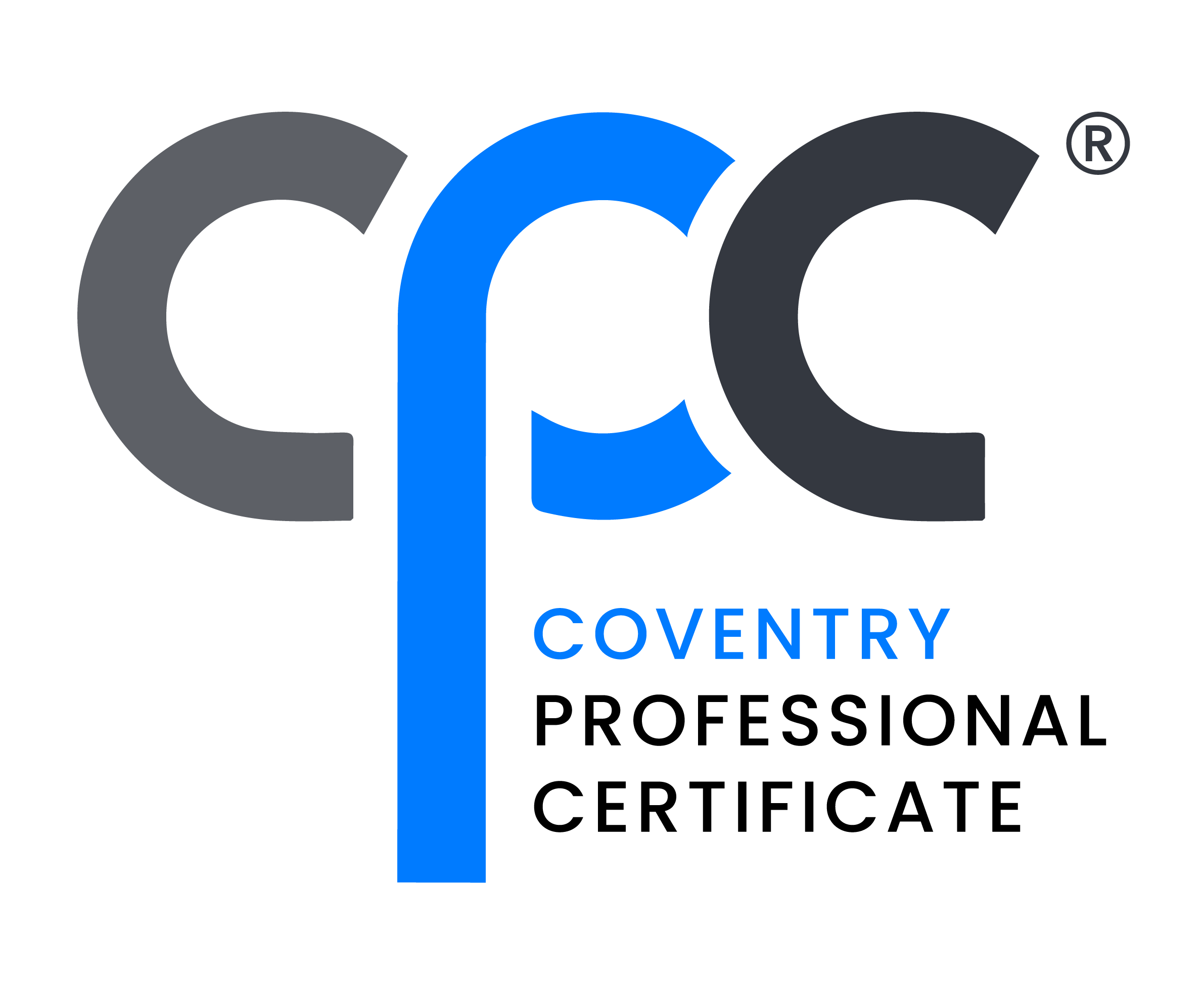Day One: Foundations of Project Coordination
- Understanding Project Coordination: Overview of project coordination, its significance, and impact on project success
- Roles and Responsibilities: Detailed exploration of the project coordinator’s duties and required skills
- Project Lifecycle: Comprehensive overview of the stages of a project lifecycle and their relevance to coordination
- Core Skills for Coordinators: Organizational, analytical, and multitasking skills essential for effective coordination
- Interactive Session: Group discussion on challenges faced in project coordination
Day Two: Stakeholder Management and Engagement
- Stakeholder Analysis: Identifying and categorizing stakeholders based on influence and impact
- Engaging Stakeholders: Building strong relationships and maintaining trust
- Communication Strategies: Crafting effective messages tailored to different stakeholders
- Practical Tools: Introduction to stakeholder maps and communication dashboards
- Case Studies: Real-life examples of successful stakeholder engagement
Day Three: Project Planning, Monitoring, and Reporting
- Planning Essentials: Setting clear objectives, defining milestones, and identifying deliverables
- Scheduling Techniques: Creating timelines and allocating resources efficiently
- Monitoring Progress: Tools and techniques for tracking project status, identifying risks, and mitigating issues
- Effective Reporting: Best practices for preparing and presenting progress reports to stakeholders
- Hands-On Activity: Participants work on creating a project plan and progress report
Day Four: Communication and Conflict Resolution
- Advanced Communication Skills: Techniques for active listening, clear messaging, and providing constructive feedback
- Conflict Identification: Recognizing potential sources of conflict in projects
- Resolution Techniques: Strategies for managing disputes and fostering a harmonious team environment
- Building Collaborative Teams: Encouraging participation, accountability, and collaboration among team members
- Role-Playing Exercise: Simulated conflict resolution scenarios for practical learning
Day Five: Best Practices, Applications, and Wrap-Up
- Documentation and Knowledge Management: Importance of maintaining accurate records and sharing knowledge
- Implementing Best Practices: Incorporating lessons learned into future projects
- Project Review and Closure: Steps to evaluate project performance and ensure smooth closure
- Case Study Analysis: Reviewing real-world project coordination challenges and solutions
- Practical Workshop: Participants apply the knowledge gained by solving a project coordination challenge in groups

